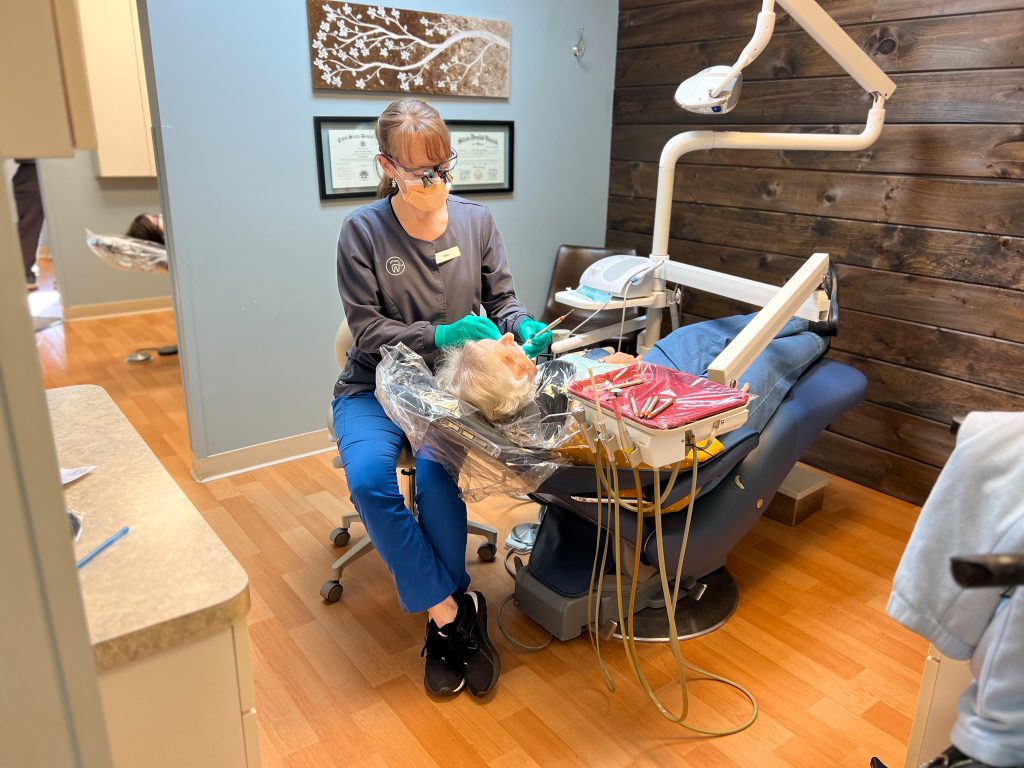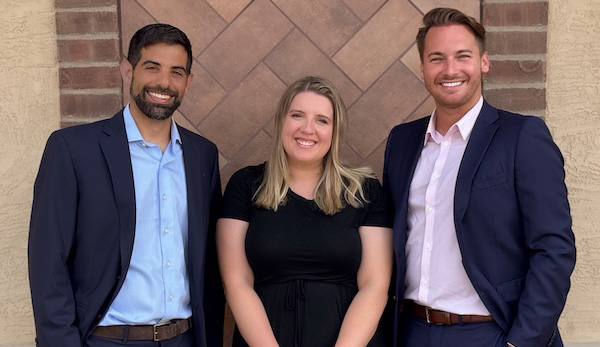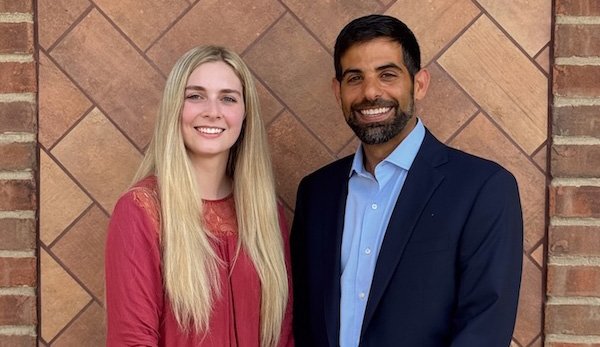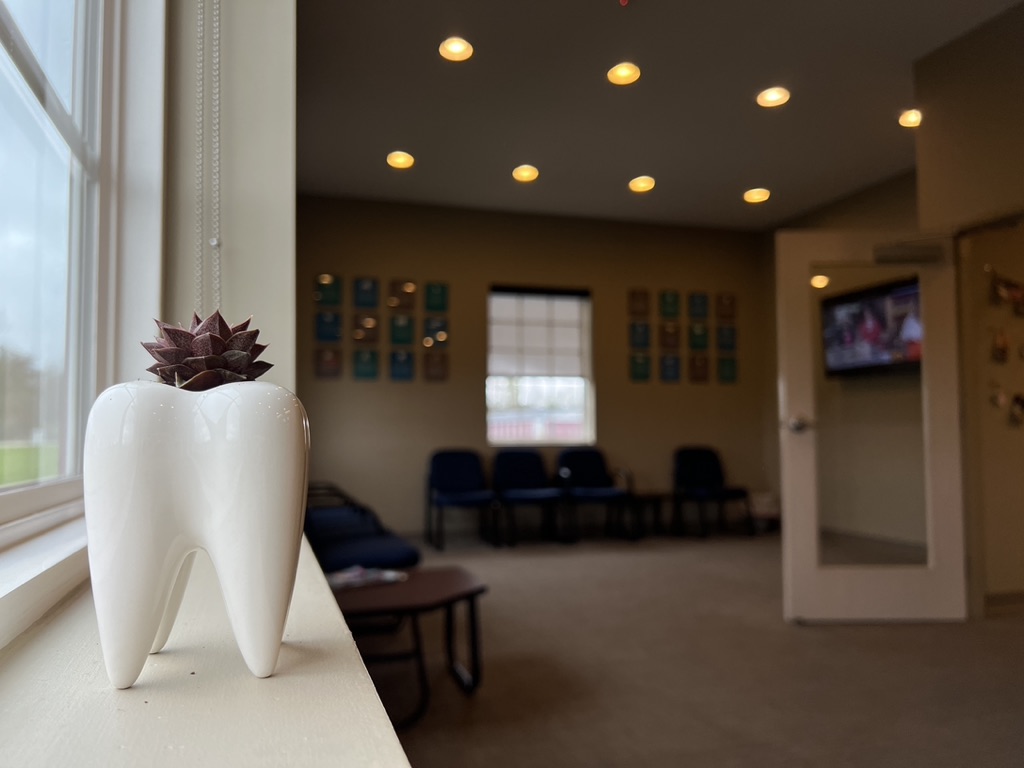Periodontal Dentistry

What is Periodontitis?
Periodontitis, also known as gum disease, is an infection that damages the soft tissue of your gums and the bones that secure your teeth in your mouth. Periodontitis is a common problem that affects millions every year, but it can have serious consequences if not treated properly and promptly.
What are the Symptoms of Periodontitis?
One of the first signs of periodontitis is bright red gums that bleed easily, especially when brushing or flossing. You might also notice changes to your gum line or get the impression that your gums are receding from your teeth. Your breath might be noticeably bad, and you could experience pain and sensitivity when chewing.
Any one of these symptoms is reason enough to come and see us so we can get to the root of your problem.
Why is it Important to Seek Treatment for Periodontitis?
Periodontitis has serious consequences for your oral health and the overall health of your body if not treated. Gum disease damages your gums and can destroy the bones that support your teeth, eventually leading to the loss of teeth.
More and more studies also see connections between periodontitis and infections in other parts of your body. Data suggest gum disease could have impacts ranging from cardiovascular disease and diabetes to lung infections and pregnancy complications.
What is Periodontal Therapy?
Periodontal therapy encompasses the range of treatments necessary to combat periodontitis and get your gums, teeth, and mouth healthy again. There are both surgical and nonsurgical treatments. We will work together to determine the best course of treatment based on your case.
- Scaling and root planing: These treatments are nonsurgical, deep-cleaning approaches to eliminate plaque buildup on your teeth. You will remain comfortable during the treatment through the use of local anesthetic. Once the surface of your teeth is smoothed, your gums are more likely to reattach and become healthy again.
- Gum grafting: This surgical treatment replaces lost gum tissue with healthy gum tissue from other parts of your mouth to help protect the roots of your teeth.
It is important to attend appointments regularly when undergoing periodontal therapy. We may need to see you more often than twice a year while we get your mouth back in shape.
How can Periodontitis be Prevented?
Good dental hygiene is one of the best tools to prevent periodontitis. We will work with you to ensure you use proper brushing and flossing techniques. By brushing at least twice daily, mainly after you eat, you can remove plaque and prevent plaque buildup and calculus tartar.
When you attend your regular six-month appointments at Anthony Dental Care, you are also helping to prevent periodontitis. We deep clean your teeth more thoroughly than you can at home and use specialized tools to keep your teeth and gums healthy.
Are you experiencing bleeding when brushing and flossing — or other signs of periodontitis? Call us before it becomes advanced — and endangers your teeth and health. It’s best to address the issue as soon as possible.

 View Sunbury Location
View Sunbury Location View Centerburg Location
View Centerburg Location View South High Location
View South High Location




